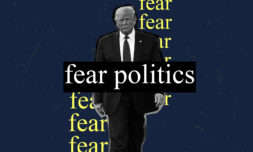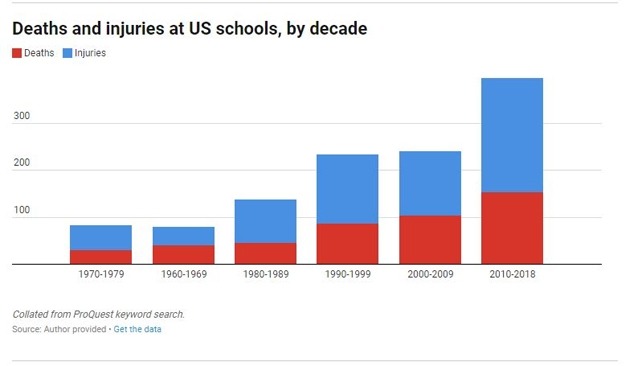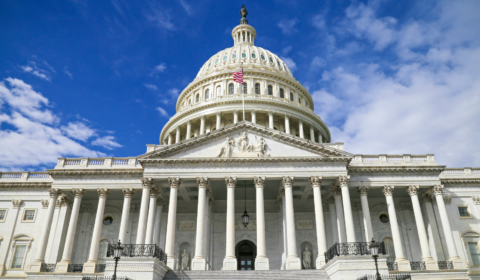As US president Donald Trump quietly backs away from August gun control proposals, it’s time to question whether the second amendment is being misrepresented.
According to numerous sources and policy advisors to the White House, President Trump seems to have abandoned the idea of releasing proposals to combat gun violence. Following two mass shootings that devastated the US this August in Dayton, Ohio and El Paso, the usual presidential press gambit to these grieving cities was punctuated with much public posturing about stricter gun control.
Trump publicly stated that he supported more aggressive background checks, would consider ‘red flag’ laws that allow authorities to temporarily confiscate weapons from suspicious persons, and frequently mentioned the need to focus on tackling mental health as it relates to weapons misuse. ‘We’re going to take a look at a lot of different things. And we’ll be reporting back in a fairly short period of time’ he told reporters on 11th Sept.
However, these promises to tackle a home-soil issue that could have potentially gained the Republicans traction in the left and midfield have seemingly gone out the proverbial window. In August a Domestic Policy Council was instructed to craft a gun control discussion plan to be released in September, and according to staffers there were meetings on a communications strategy.
It was of course necessary for Trump to seem like he was taking aggressive and immediate action after the inarguably awful events in August. However, several senators who had been working with Trump on gun proposals told The Washington Post that they hadn’t been involved in any talks since September.
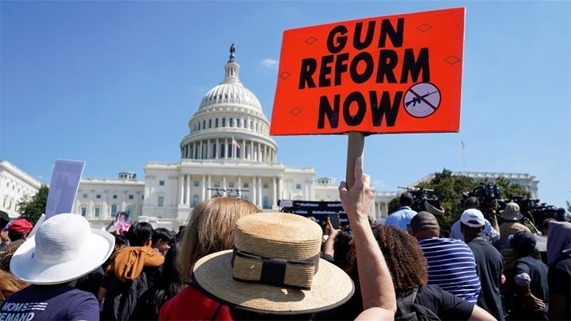

The declining heat map regarding discussions of gun control has not gone unmarked by the press core, and White House press secretary Stephanie Grisham has been quick to flip accusations of apathy and false promises back onto the Democratic Party. In an October press conference, she accused the left of pursuing impeaching at the expense of other policy priorities like gun control legislation.
However, the timing of this quiet drop in interest by the government is suspect. With the 2020 election looming, and increased gun control measures historically polling badly with Trump’s main wheelhouse of supporters (the hardcore right), it’s likely that this stalling is strategic.
Amongst other things, a policy of fierce differentiation has always been a cornerstone of Trump’s campaigning, and given that all front running Democrats in their primaries have favoured increased background checks and a ban on assault weapons, supporting these same measures would seem to go against his traditional strategy of reactionary politics. Truly, the worst sin Trump could commit in the eyes of his supporters is to not only sound like a politician (‘he doesn’t speak like all the rest of them! He’s authentic’) but like a Democrat.
All this comes in the lead-up to a gun control case that’s being heard in The Supreme Court this December, which could significantly limit the ability of state and local governments to regulate their own weapons laws.
Much like abortion laws, it seems that the US in 2019 is placing more and more stock in an evidently ‘historic’ citizenry autonomy that’s based on scripture written for them by deceased men – biblical figures and the ten commandments, as well as the founding fathers and the US constitution.
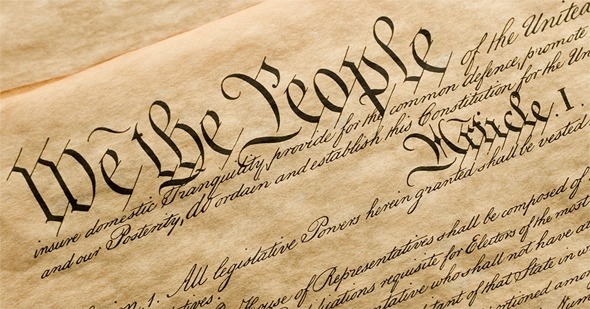

Whilst I can’t speak for Christian scripture (I’m personally dubious about the manner in which we should interpret words that are 2000+ years old) I do believe that there’s a solid argument that the NRA and gun lobbyists are twisting the second amendment in a way that is itself unconstitutional.
Opposition to gun regulations often finds its logic in the idea that once something has been designated a ‘fundamental’ human right, it automatically supersedes public concerns. This assumption is profoundly mistaken and completely alienates progress. There is a critical difference between assigning a high value to a constitutional right when balancing it against social concerns, and arguing that the right necessarily overrides the public’s ability to regulate that activity in ways that may be needed to protect the community.
When American was a new and relatively lawless state, guns and the latent need for a citizenry militia may have been a primary concern. As time has moved on, and this is no longer the case, legislation should be equally elastic.
The way that the interpretation of the second amendment has persisted unchanged is inconsistent with the way that constitutional doctrine has developed with other ‘rights’, such as freedom or speech or religion.
No one doubts that the general and overarching idea behind protecting a citizen’s right to free speech remains a fundamental tenant of Western and US philosophy. However, a ban on rallies in public streets in residential neighbourhoods has been upheld despite ‘technically’ burdening the inalienable right to freedom of speech. It’s been recognised that whilst this condition might be an add-on to the constitution, it does not compromise the spirit of the original constitution.










